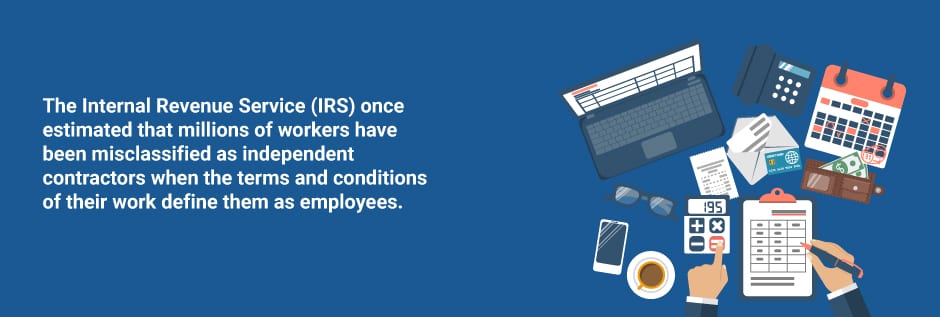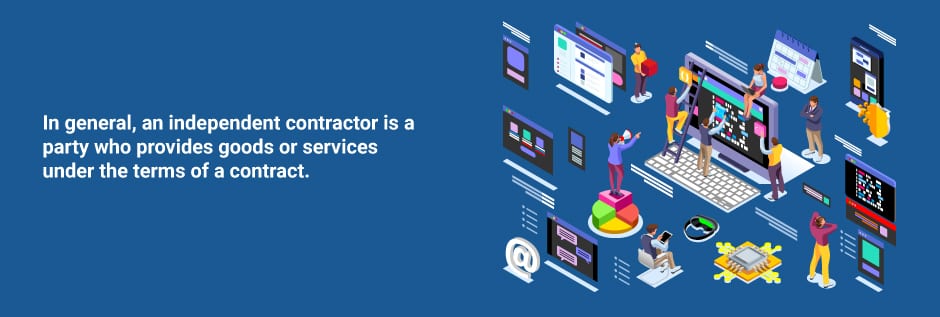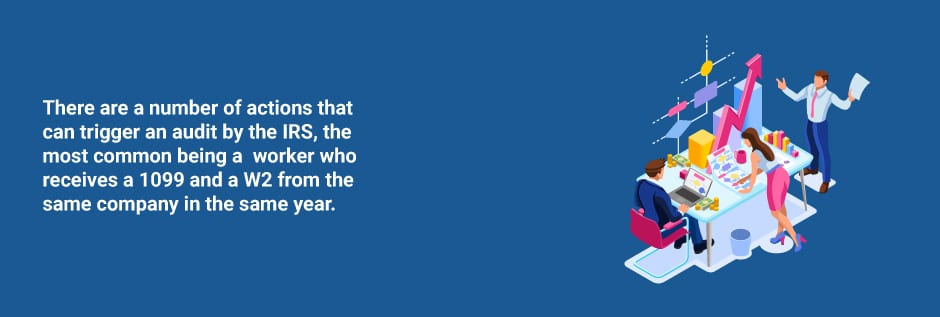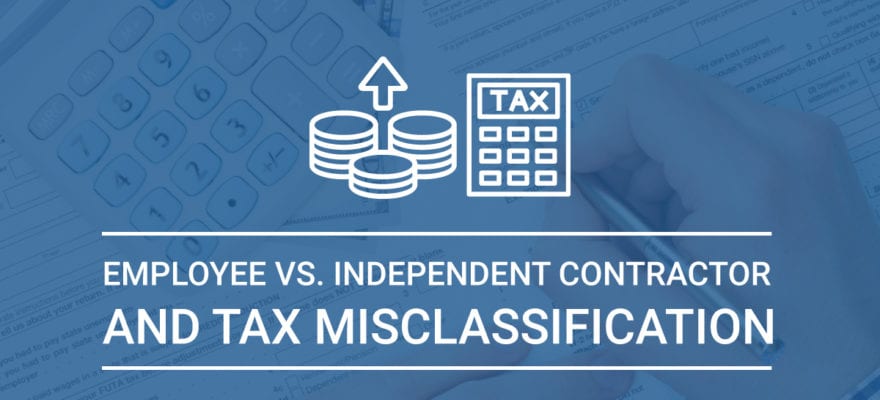The Internal Revenue Service (IRS) once estimated that millions of workers were victims of tax misclassification, being defined as independent contractors when the terms and conditions of their work actually defined them as employees.

While some employers do so in genuine error, others misclassify their workforce deliberately for reasons like the following:
- They are not required to pay Social Security and unemployment insurance taxes for independent contractors, saving them up to 40% on labor costs.
- Contractors cannot generally enroll in company-provided benefits,
- Contractors are not protected by laws governing minimum wage, hours worked, and employment discrimination.
- The National Labor Relations Act does not cover contractors, so employers can sidestep issues related to unionizing and collective bargaining.
- Employers are not required to keep I-9s for independent contractors, so they use these classifications to conceal the employment of an illegal workforce.
On May 3, the New Jersey governor signed Executive Order No. 25, which created a task force to address the tax misclassification of employees as independent contractors in the state. The order indicated that every year, New Jersey loses more than $500 million in tax revenue due to employee tax misclassification, so swift action was deemed necessary.
What is an Independent Contractor?

In general, an independent contractor is a party who provides goods or services under the terms of a contract. They are self-employed, typically use their own tools and resources to do their work, and treat their employers more like clients or customers. Unless the contract designates otherwise, the employer has no control over their working hours, the tools they use, and other factors that govern employee performance.
The IRS does not use a single set of qualifications to determine one’s status as an employee or independent contractor. Instead, it looks at how much control an employer has over how the worker performs their services. For example, if the worker receives training, is expected to follow company guidelines, and uses company tools, then they are seen as employees, not independent contractors.
Companies that engage independent contractors use the 1099 tax form to report payments made to these workers, who cover their own employment taxes. W-2 forms are used for employees, who have payroll taxes withheld from their earnings. Any business with employees must also keep I-9s to prove each one’s employment eligibility.
The Consequences of Tax Misclassification for Your Company

There are a number of actions that can trigger an audit by the IRS, the most common being a worker who receives a 1099 and a W2 from the same company in the same year.
If an investigation concludes that a business has misclassified its employees as independent contractors, they can face civil and criminal penalties for failing to:
- Withhold and pay required taxes.
- File returns for the employees. Financial penalties start at 5% of the total unpaid tax for that month, plus 5% for each subsequent month. If the IRS believes that the omission is willful, a $25,000 fine ($100,000 for corporations) may be imposed.
- Deposit withheld tax in a timely manner.
- File correct returns (1099s instead of W-2s). Depending on the circumstances and if/when correct information is supplied, the financial penalty can be as high as $250,000.
Employers who intentionally provide the IRS with fraudulent or false wage or tax information may have to pay a penalty of $50 per statement in addition to a $1,000. They could also face imprisonment for up to one year.
There may be other costs. In 2014, the Ninth Circuit ruled that FedEx was misclassifying drivers as independent contractors. The company agreed to create a $228 million settlement fund to pay claims made by over 2,000 FedEx Ground and FedEx Home Delivery drivers. Two years later, Uber reached a settlement with nearly 400,000 of its drivers in California and Massachusetts. The proposed amount was $100 million, but a federal court ruled that the compensation was insufficient and threw it out.

Hire an Experienced Payroll Tax Lawyer for Help
Given the potential significance and scope of the consequences of tax misclassification, New Jersey businesses who engage independent contractors should work with an attorney with a deep understanding of federal and state tax law.
Attorney Brad Paladini and the team at Paladini Law understand how complex payroll tax law can be. We will help you navigate through your legal options and advise you on ways that you can eliminate or reduce your liability or come to an arrangement with the IRS to repay any penalties at a manageable rate. To schedule a case review, contact us.
Also Read:



